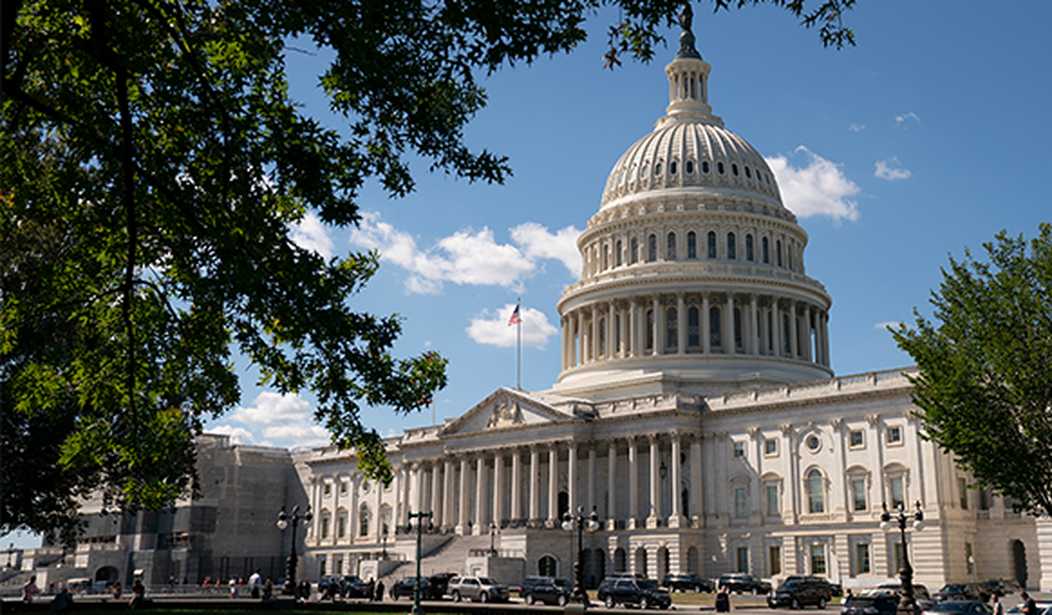There are many pressing issues affecting education right now, from financial accountability, measurements in learning, equality in education, and the urgent need for qualified educators. But the lack of civics education in our schools today is already taking its toll on our country and will continue to damage our democracy, unless we get serious about teaching the fundamentals of what it means to be a U.S. citizen.
Advertisement
A recent survey of 13,400 eighth grade students found fewer than 25 percent scored at or above the National Association of Educational Progress’s Proficient level in of civics. This means three out of four students cannot explain the basic functions of our constitutional republic. And as the NAEP correctly points out, mastery of civics is “critical to the responsibilities of citizenship in the constitutional democracy of the United States”.
At a time when our politics are increasingly polarized, civics education has been given short shrift in middle and high school curricula. According to the Center for Civic Literacy at Indiana University, the federal government is currently spending $4 million a year on civics. Twenty years ago, it spent an estimated $40 million on civics.
Clearly, our children are not receiving an adequate civics education. This is not a new problem; two out of three adult Americans would not pass the naturalization test for U.S. Citizenship, according to a Woodrow Wilson Fellowship Foundation survey. An immigrant to the United States may know more about what it means to be an American than someone born here. These dismal statistics contribute to the great political divide in the United States today because voters don’t know what their rights are and what the federal government is and is not empowered to do by the Constitution. They don’t know our history or the principles for which so many Americans have fought and died.
Recommended
Advertisement
The Framers of our Constitution were deep students of history and understood that man’s desire for power can quickly escalate into tyranny. They crafted a system of government where ambition would be countered by ambition. State governments would counteract the federal government. The three branches of federal government – legislative, executive and judicial – would serve as checks and balances against each other. The Founders even split the legislative branch into two parts, the House and the Senate, to make it more difficult to pass a law because every law constrains someone’s liberty. (Most of the high school graduates whom I have asked cannot name the two Houses of Congress.)
We cannot sustain a constitutional republic with a citizenry that is estranged from our Constitution and our institutions. Students with a fundamental understanding of civics can absorb today’s news with a critical eye. They’ll see how a new law or regulation serves to expand or decrease their personal freedom or infringe upon the rights of others.
Fortunately for me, civics education was an important part of my schooling. Civics education helped me understand history, law, and government and encouraged me to read biographies and study the Constitution. I gained a richer understanding of what makes our governmental system unique. This led me to law school, a clerkship with Justice Thurgood Marshall on the Supreme Court, and ultimately to my career as a federal judge and law professor.
Advertisement
Some states are starting to revive civics education: This past year 88 bills were introduced in at least 34 states to focus on civics education for public schools, and more than a dozen state Governors proclaimed October Civics Awareness Month to highlight one of the most important subjects for students to master. We must encourage school boards and teachers to restore strong civics education in the classrooms and to seek out teaching materials that engage students and give them a real understanding of the subject, which neither rote memorization of facts nor distortions like The 1619 Project can do.
A great place to start is with the U.S. Citizenship Test. I recently finished filming 100 two-minute videos that go beyond just answering the 100 questions on the Citizenship Test to provide the “why?” behind each answer. Go to the free website, www.civicsfundamentals.org, to take a ten-question sample test – or go on to watch the 100 videos addressing the questions every immigrant must answer to become an American citizen. Can you pass the test?
Douglas H. Ginsburg is a Judge on the U.S. Court of Appeals for the DC Circuit. He has developed a number of free online civics teaching materials, including most recently, Civics Fundamentals, and the PBS series, “A More or Less Perfect Union."
Advertisement

























Join the conversation as a VIP Member